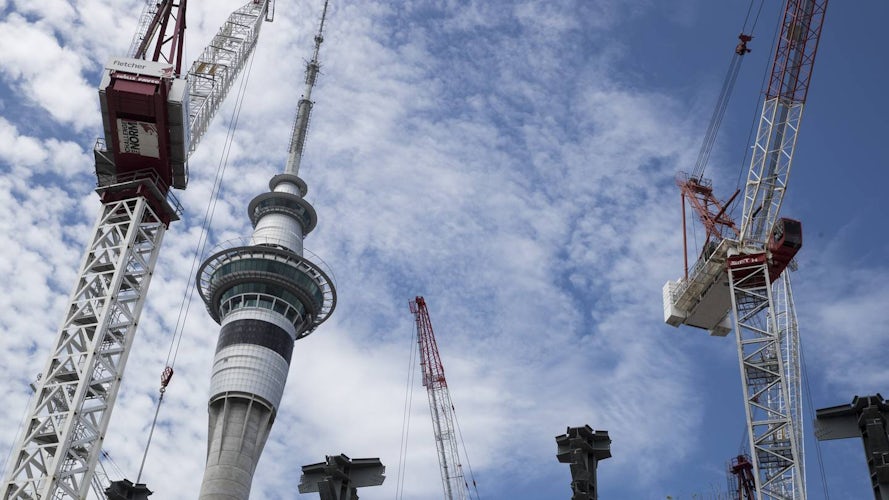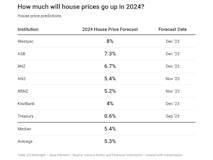An independent review of Kāinga Ora, a record number of new homes constructed in Aux, and an underwhelming 2024 beckons.
Too long; didn't read? Here's this week's TLDRs...
Record number of new homes constructed in Auckland
Read the article
Kiwis feeling a bullish market for the first time in 18 months
Read the article
Trade Me stats show 34% surge in Gisborne supply
Read the article
An underwhelming 2024 beckons
Read the article
QV: Expect a slow recovery
Read the article
Immigration levels may necessitate keeping interest rates higher for longer.
Read the article
Govt. confirms independent review of Kainga Ora
Read the article



